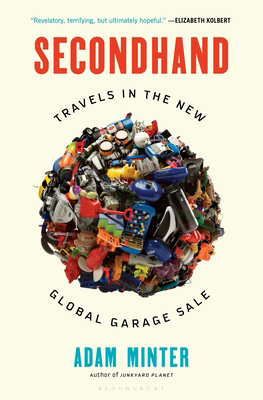Great Lakes beachcombers find mostly plastic
Microplastics threaten human health. Exposure to them, especially when consumed, involve an array of toxic effects, including reproductive problems, delays in immune responses and oxidative stress, according to a 2023 study published in Environment and Health Journal.
The post Great Lakes beachcombers find mostly plastic first appeared on Great Lakes Echo.Great Lakes Echo
http://greatlakesecho.org/2024/04/12/great-lakes-beachcombers-find-mostly-plastic/






